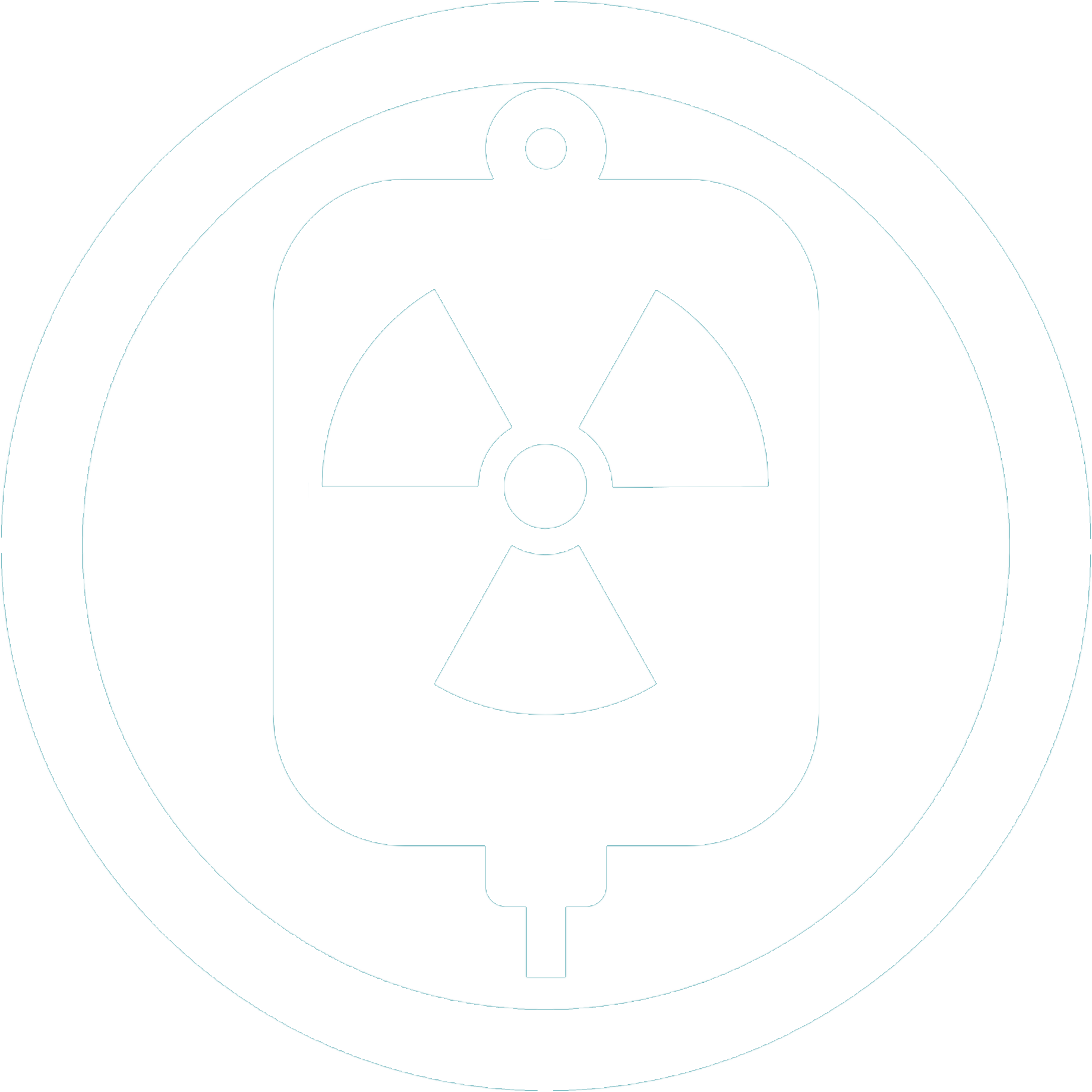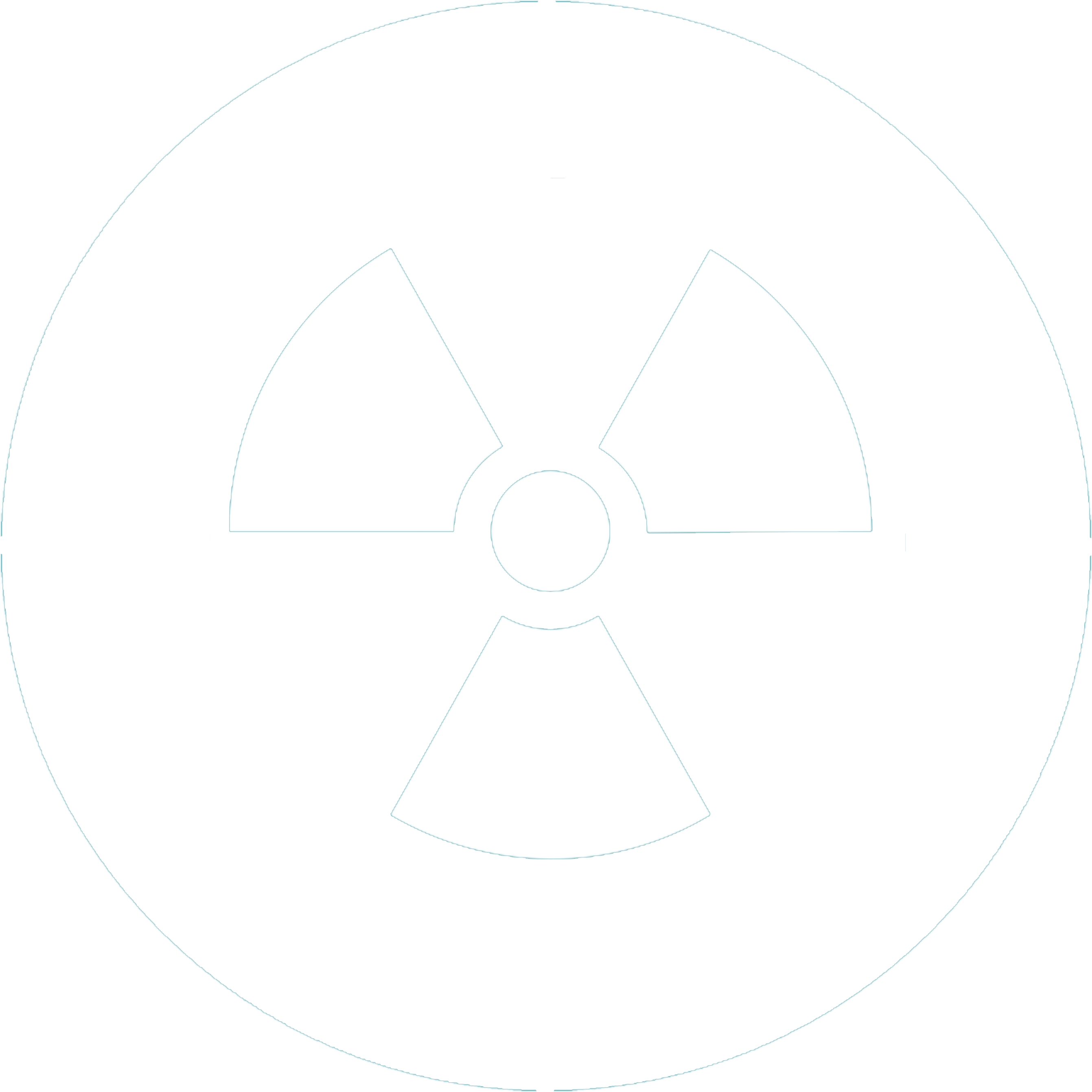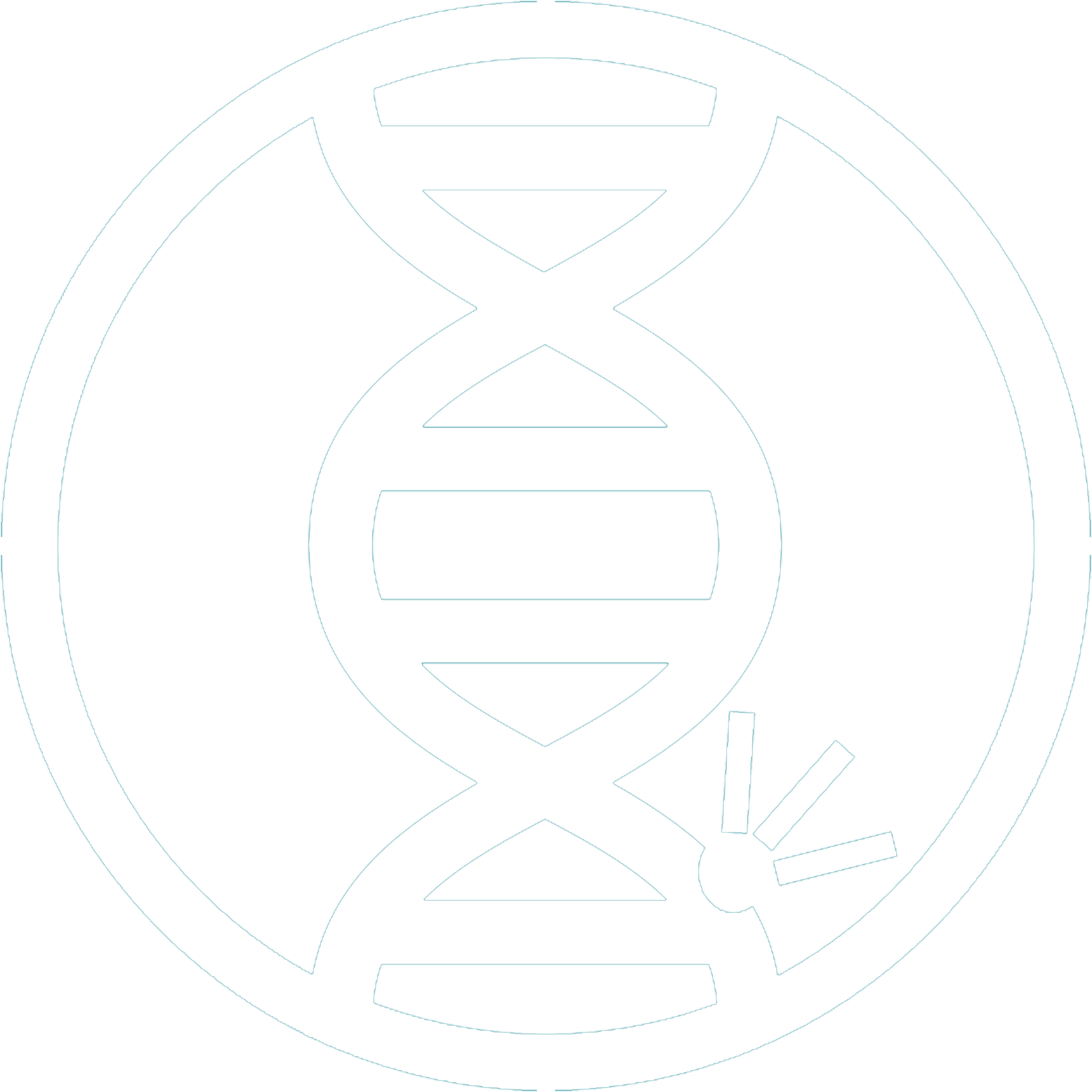About Adaptive Stress
Characteristics of Cancer Survivor Cells
Immunologically invisible (decreased MHCII expression)
Decreased proliferation
Protective autophagy
Ability to resist damage from low pH and ROS
A Differentiated Approach to Targeting Treatment Resistant Cancer Cells
Conventional precision oncology is focused on profiling the genetics of a tumor to identify singular genetic alterations driving tumor growth. However, tumors are characterized by complex genetic heterogeneity, with different genetic alterations driving the growth of distinct subpopulations of tumor cells, resulting in the inability of most conventional precision oncology therapies to eradicate all tumor cells.
In order to endure the harsh tumor microenvironment resulting from this uncontrolled, pathological cellular proliferation, and to escape destruction by the immune system, tumors activate adaptive stress response pathways mediating phenotypic switching which can result in treatment resistance, cancer relapse, and metastasis.
We are looking beyond traditional precision oncology to develop novel treatment options based on the modulation of specific adaptive stress response pathways.
Adaptive Stress is the Achilles’ Heel of Cancer Survival
A tumor microenvironment is characterized by a broad range of intrinsic and extrinsic stressors, including genetic alterations, physiological perturbations and exposure to anti-cancer treatments (radiation, chemotherapy, and targeted therapeutics).
Cancer cells activate adaptive stress response pathways in order to enable their survival and continued proliferation under these stressful conditions.
Intrinsic and Extrinsic Stressors Associated with an
Adaptive Stress Response in Cancer
 Targeted Therapeutics
Targeted TherapeuticsTargeted Therapeutics
Targeted Therapeutics, such as VEGFR inhibitors, can cause hypoxia and amino acid deprivation.
 Chemotherapy
ChemotherapyChemotherapy
Chemotherapy can induce DNA damage and chromosome re-organization.
 Radiation
RadiationRadiation
Radiation treatment can generate reactive oxygen species and cause DNA damage.
 Metabolic Stressors
Metabolic StressorsMetabolic Stressors
Metabolic stressors, including amino acid deprivation and lower pH.
 Oncogenic Mutations
Oncogenic MutationsOncogenic Mutations
Oncogenic mutations drive rapid cell division which results in a variety of stressors associated with dysregulated proliferation.